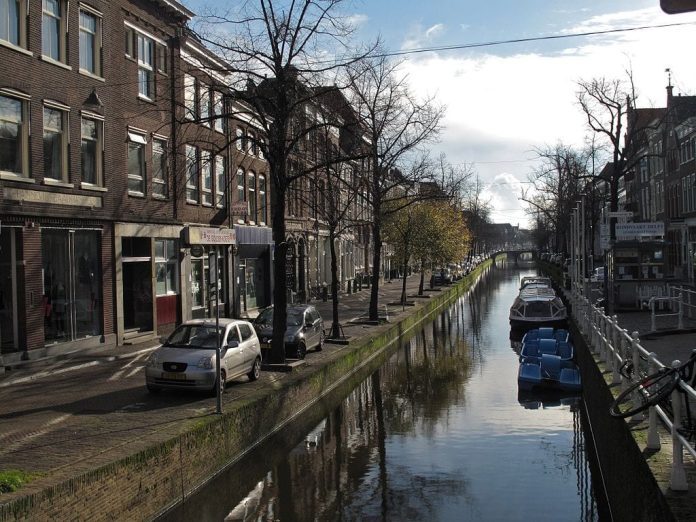The City of Delft, in the Netherlands, has appointed Dell EMC and Nokia as the leading parties in a public-private partnership to introduce semi-autonomous barges on the city’s underused canals to reduce traffic on its congested streets. The pair will provide compute, storage, data management, connectivity, analytics, IoT and blockchain technologies
They are joined by South African software company Blue Turtle Associates, Dutch satellite and security company Aratos Systems, and barge company Circle Lines. The University of Delft is also involved, along with local developer group City Hub and research institute SPIE.
The group will use semi-autonomous, hydrogen-powered barges in existing waterways for ‘last mile’ transportation.
They have engaged in a trial to create a digital platform, presented as a ‘common information space’, for smart city logistics, which connects the logistics chain around the city and provides navigation guidance.
For the project, an automated hydrogen-powered river barge will be connected and controlled by a “new type of mobility cloud”, which makes use of Nokia’s IMPACT IoT platform and Dell EMC’s ‘Digital City Accelerator’ platform, as well as hydraulic gangway technology from Ampelmann for on-shore loading and unloading.
Testing will progress through 2019. The group expects the system to be fully operational by the end of the year.
Amit Midha, executive vice president for smart cities at Dell EMC, said: “Cities are looking for digital solutions to help them maximize and better allocate their resources, provide a safe and sustainable environment and foster economic development. This project has the power to demonstrate how information technology that is open, agile, software-defined and data analytics-driven can be a force for positive change.”
Laurent Le Gourrierec, head of strategic partnerships at Nokia, said: “Nokia has been putting considerable emphasis on bringing the benefits of digitalisation to asset-intensive industries, such as transport. This collaboration is a perfect example of how industrial IoT networks can be used to connect sensors, vehicles and machines to take advantage of the power of automation to address a daunting societal challenge – keeping goods moving while reducing the carbon footprint of that activity.”
Peter de Bruijn, managing director of Blue Turtle Associates, commented: “The power of this project is the collaboration. Working together with a team of brilliant young engineers, government partners and business professionals can really make the difference in achieving sustainability goals. As a team, we’re redesigning not only the river barge but the entire process of city logistics.”

